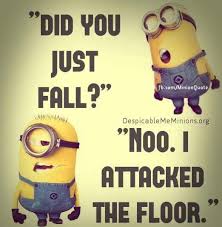 I’ve written about the MS Grieving Process in my blog; our health is compromised, our lives change and we need the chance to mourn.
I’ve written about the MS Grieving Process in my blog; our health is compromised, our lives change and we need the chance to mourn.
It’s a terrible, horrendous time more often than not, especially as we’re usually fairly young when we’re diagnosed.
I thought I knew how grief felt – because of MS, I had already lost my dad at a very young age to a rapidly evolving form of MS back in the 1970’s and then my partner and my job disappeared when I was diagnosed.
Now I know, I knew nothing about grief
The grief of losing a sibling is beyond anything I have ever experienced.
My brother died two weeks ago and we are heartbroken.
In my head, I race through memories, his quirks and his mannerisms. I can conjure him up in the blink of an eye. I can hear him speak. He was so utterly vibrant, it’s difficult to imagine him inanimate.
We spent 46 years together. And now, he is gone. The realisation that he no longer walks on this earth is bizarre.
Grief is cruel, breathtaking and vicious.
We are all living in a new world now, one in which my brother does not exist. And that blows my mind. His Celebration is two weeks away and he will be buried in a woodland near to where he found true happiness.
I last saw him in July – he’d driven up from Down South and we had a fantastic catch up. He was full of plans for the future, asking lots of questions about starting a blog where he could share everything he had discovered over the years. He had helped so many people through his quest for enlightenment.
I’m in the shock stage. I know he is gone, but am finding it hard to accept.


 Just when I think I’m doing a pretty decent job of faking it with MS, I discover that no matter how hard I try, it will always make its presence known.
Just when I think I’m doing a pretty decent job of faking it with MS, I discover that no matter how hard I try, it will always make its presence known. I am not, by any stretch of the imagination, a public speaker.
I am not, by any stretch of the imagination, a public speaker. As a three-time recipient of the MS drug Lemtrada, I was concerned back in April this year when a report came out about it being restricted.
As a three-time recipient of the MS drug Lemtrada, I was concerned back in April this year when a report came out about it being restricted.